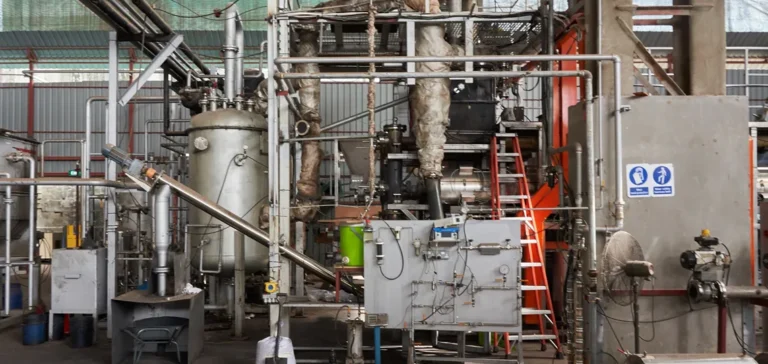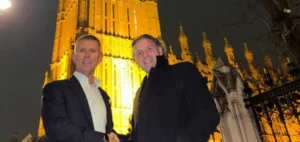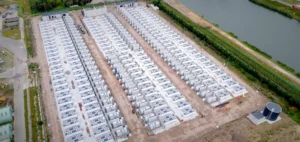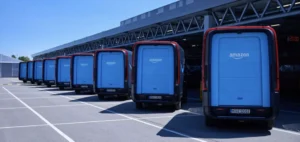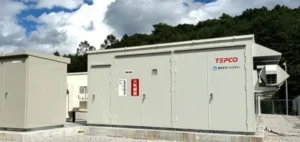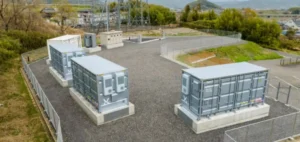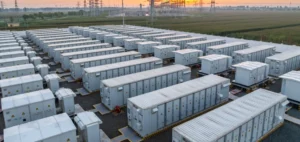H2G Green Limited has formalised the signing of a licence agreement with Singapore’s Agency for Science, Technology and Research, aiming to scale up the transformation of biochar into hard carbon. This partnership, operated through the subsidiary Green Energy Investment Holding Private Limited, covers the use of a patented process developed by the Institute of Materials Research and Engineering to purify biochar, a by-product from biomass valorisation.
Industrialisation of an innovation for battery anodes
The process developed will allow H2G Green Limited to produce hard carbon primarily intended for use as an anode in sodium-ion and lithium-ion batteries. These materials possess sought-after properties in the sector, such as high graphite content and increased stability during charge and discharge cycles. According to results from exploratory testing phases, the hard carbon produced by this technology would offer higher performance than materials currently available on the market.
Demand for sodium-ion batteries is rising rapidly, driven by the growth of stationary energy storage, electric vehicle equipment and consumer electronics. Sodium, more abundant than lithium, offers an advantage in terms of cost and availability. The industrial process led by Green Energy Investment Holding Private Limited transforms various types of non-silica biomass into hydrogen, biochar, bio-oil for sustainable aviation fuel, and wood vinegar, integrating a principle of circularity and by-product valorisation.
Industrial outlook and relevant markets
The hard carbon produced also finds outlets in water filtration, air purification, or as a conductive additive for industrial paints and coatings. Sectors affected by this innovation include data centres, electronic component manufacturing, construction, agriculture and collective catering. H2G Green Limited thus confirms its intention to industrialise technological solutions aimed at securing the supply of critical materials for battery production chains.
According to company executives, the alliance with the Agency for Science, Technology and Research is part of a dynamic aimed at strengthening the local industrial ecosystem and positioning Singapore among the leading development centres for the next-generation battery value chain.
—


